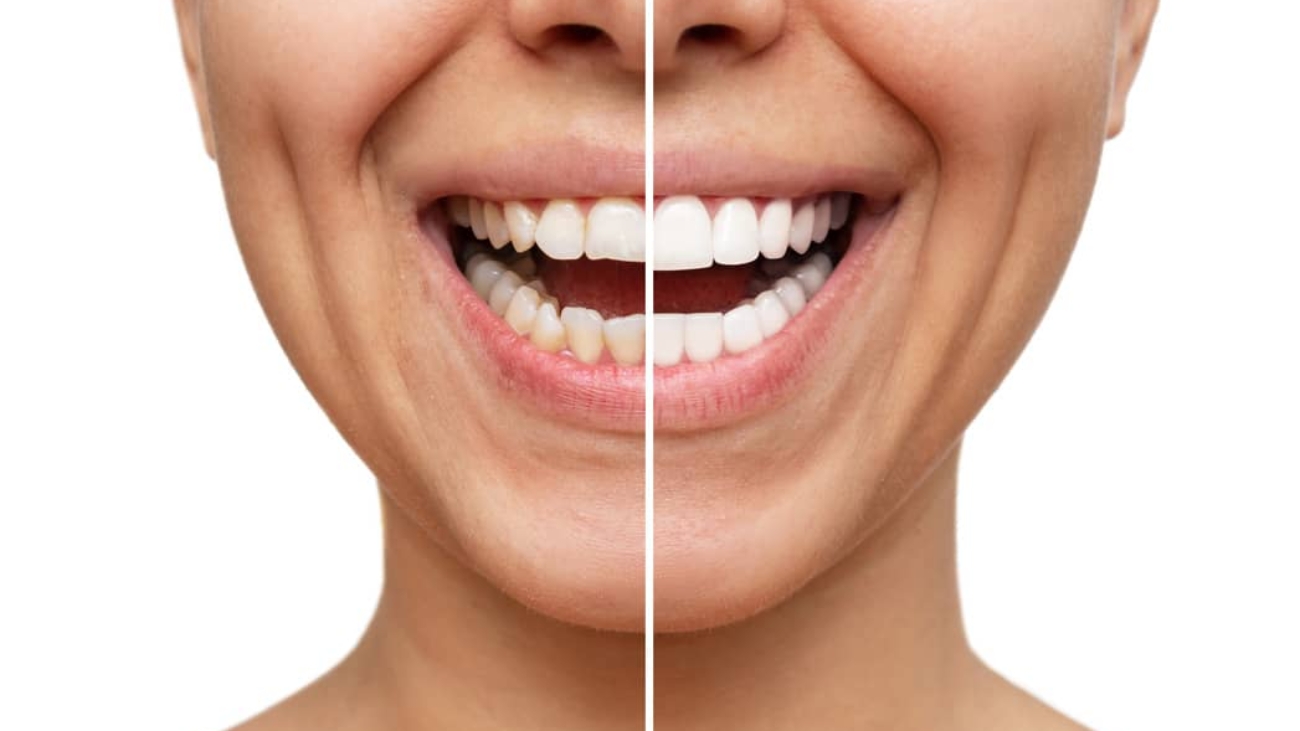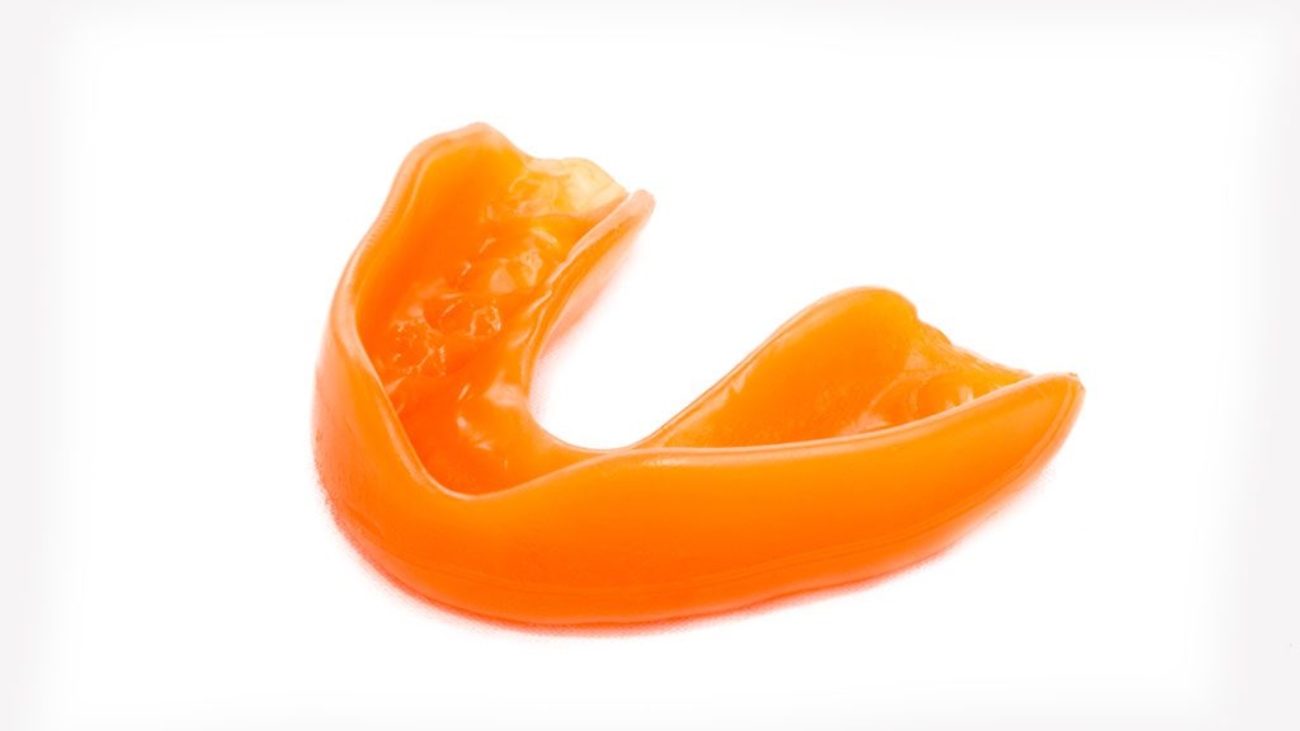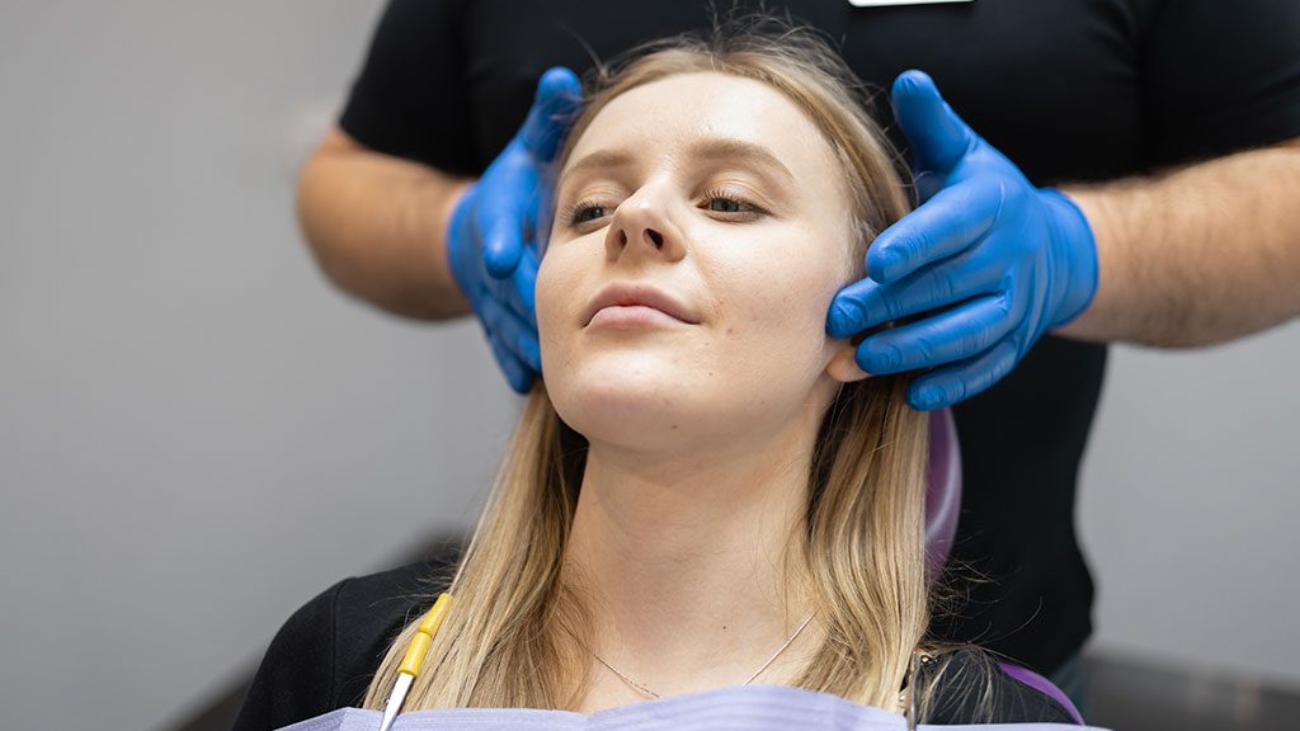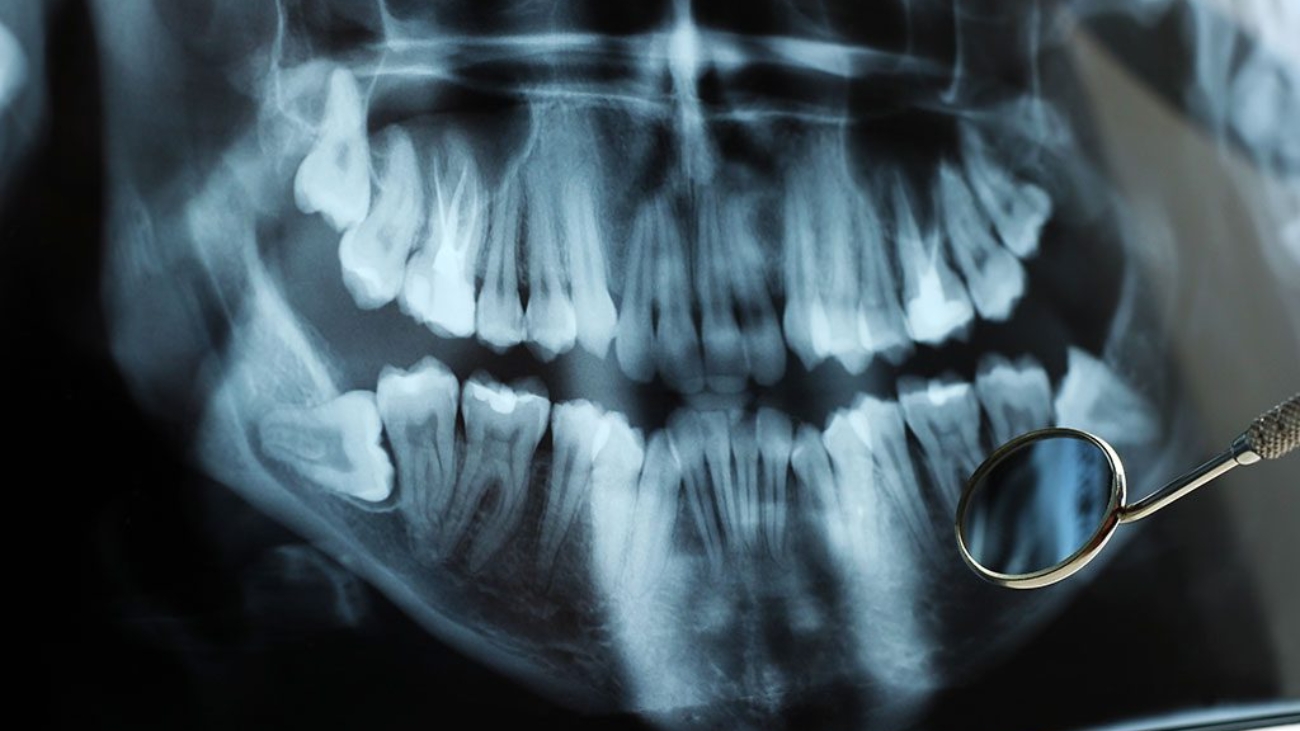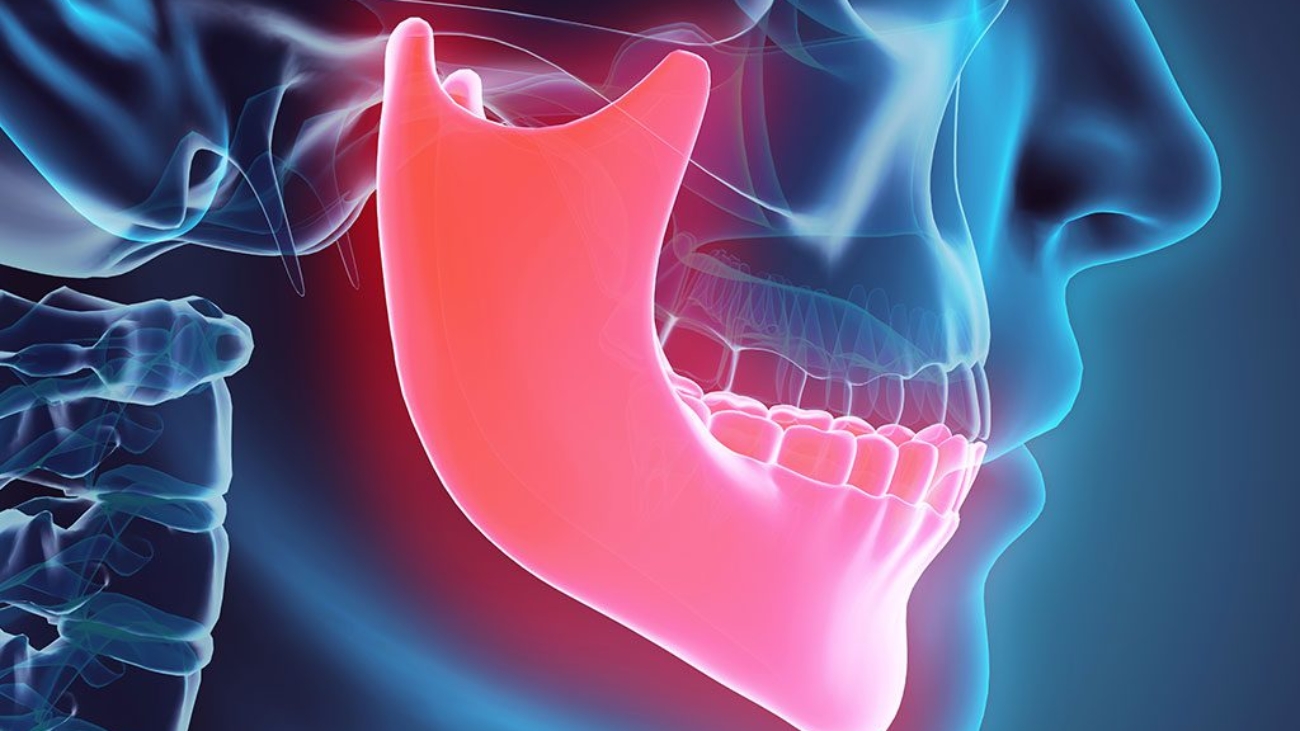Veneers are a popular, effective choice for transforming discoloured, misshapen, or damaged teeth.
Here, we’ll explain how veneers work, how much veneers cost, the types of veneers, the pros and cons of veneers, and how veneers can completely transform your smile.
What Are Veneers?
Dental veneers are thin, tooth-coloured shells made from porcelain, resin composite, and other materials. These coverings are custom-made to match the colour and shape of surrounding teeth. The veneer gets bonded to the visible surface of the selected tooth.
How Do Veneers Work?
Dental veneers work by covering natural teeth with a thin layer of porcelain or resin composite material. This shell is customised to match the colour and shape of surrounding teeth, creating a natural appearance and healthy looking smile.
Veneers also serve to protect the natural teeth they cover. The most popular option is partial veneers, which are only applied to problematic teeth.
Thanks to advances in veneer application and techniques, only a minimal layer of enamel needs to be removed from the selected tooth. This ensures as much enamel is preserved as possible so the tooth nerve is unaffected.
What Dental Issues and Conditions Do Veneers Address?
Veneers are commonly used to address a variety of cosmetic dental concerns, such as:
- Minor misalignment
- Small gaps between teeth
- Crooked or uneven teeth
- Stained or discoloured teeth (including stubborn stains, such as from medications, that can’t be addressed with typical teeth whitening)
- Minor damage, chips, or cracks
- Worn down teeth
- Poorly shaped teeth
- Decay
- Overall appearance
What Are the Advantages and Disadvantages of Dental Veneers?
Advantages of Veneers
Dental veneers offer a variety of advantages such as:
- Improved Appearance: Veneers can completely transform your smile by addressing staining, misalignment, decay, small gaps, and other minor concerns
- Personalisation: Veneers can be custom fit to your teeth and perfectly matched to the shape and colour of your natural teeth, creating a harmonised appearance
- Resistance to Staining: Veneers, especially porcelain veneers, are resistant to stains and can help you enjoy a brighter overall smile
- High level of Customisation: Veneers can be modified to match your needs, such as only getting veneers on the front top or bottom teeth that are the most visible
- Restorative Qualities: Veneers can restore the shape and natural contours of eroded or worn-down teeth, leading to improved function and better oral health
- Conservative Treatment: Veneers are less invasive than braces or crowns
- Well-Tolerated: Veneers are well-tolerated by the gums
- Low Maintenance: Maintaining veneers is fairly simple and involves attending regular dental checkups, practicing good oral hygiene, and avoiding habits that may damage veneers
- Tooth Protection: Veneers can protect the surface of damaged teeth and reduce your risk of further decay, erosion, or wear and tear
- Long-Lasting: Veneers can last for many years when properly cared for
Disadvantages of Veneers
While veneers can improve the appearance of worn, stained, or damaged teeth, there are disadvantages to be aware of:
- They are not removable
- Veneers are susceptible to damage, such as cracks, just like natural teeth
- Teeth may become sensitive to hot or cold foods or drinks
- Veneers are susceptible to decay
- Enamel removal can damage underlying teeth if performed by an inexperience provider
- Can result in bite changes if poorly fitted
- Have a limited lifespan and will need to be replaced at some point
Types of Dental Veneers
Several types of veneers are available, with resin composite veneers and porcelain being the most common.
Each veneer type has pros and cons, which we’ll cover below. The best type of veneer for you will depend on the condition of your teeth, your goals and concerns, and your budget.
Porcelain Veneers
Porcelain veneers are made from high-quality ceramic material. They offer a translucent appearance that closely resembles how natural teeth reflect light. Porcelain veneers are well-known for their realistic appearance, durability, high resistance to staining, and long lifespan.
Benefits of porcelain veneers include:
- Excellent light-reflecting properties that mimic the appearance of natural teeth
- Resistant to staining
- High level of durability
- Longer lifespan than resin composite veneers
For a more in-depth look at the advantages of porcelain veneers, we recommend this resource: The Success of Dental Veneers According To Preparation Design and Material Type.
Composite Veneers
Composite veneers are constructed from a composite resin material. They require less prep work and can often be completed in a single visit.
Because they require fewer visits, composite veneers are generally less expensive than porcelain veneers. However, porcelain veneers have a longer lifespan, potentially making them more cost-effective in the long run.
| Porcelain Veneers | Resin Composite Veneers | |
| Durability | Most durable, can last up to 10 to 15 years or more | Shorter lifespan than resin composite veneers |
| Stain Resistance | Highly resistant to stains | More susceptible to staining |
| Price | Higher price than resin composite veneers | Less expensive than porcelain veneers |
| Appearance | Mimic the appearance of natural teeth | Less natural-looking than porcelain veneers |
| Prep | Require more extensive prep work | Require less enamel removal and prep work |
| Timing | Requires three or more dental appointments | May be completed in a single visit in some cases |
| Adjustability | More difficult to modify or repair | Easy to modify, repair, or remove if necessary |
What Is the Treatment Process for Veneers?
1. Initial Consultation
During your initial consultation, your dentist will discuss aesthetic goals, evaluate your oral health, and determine if you are a good candidate for veneers.
Your initial consultation is also an important time to discuss what to expect, including how long treatment will take. Porcelain veneers typically require at least four trips to the dentist. Resin composite veneers can be completed in a single appointment.
Your dental provider will also take X-rays or possibly impressions of your teeth and mouth to determine the best course of treatment.
2. Tooth Preparation
After your initial consultation, the next step of the veneer procedure involves tooth preparation. At this appointment, the enamel is modified to make space for the veneers. This may sound intimidating, but only a minimal amount of enamel is removed. Local anaesthesia is used to reduce discomfort and sensitivity.
3. Impressions
Once teeth are prepared, your dentist will take impressions of your teeth. This ensures the veneer shells are custom-made to precisely fit your teeth.
Your dentist will also discuss the colour of the composite or porcelain veneers. The goal is to match your natural teeth perfectly to create a seamless appearance.
The impression and details about your shade selection are sent to a lab so your custom veneers can be created. This usually takes about two to four weeks.
4. Temporary Veneers
As you wait for your veneers to be made, temporary veneers are placed to protect your prepared teeth. These temporary veneers will give you a good idea of how your final veneers will look and function.
5. Placement of Veneers
The final step is the placement of the veneers. After cleaning and etching your teeth, a dental bonding adhesive is used to anchor the veneer in place. After placement, the fit and colour of your veneers will be closely examined.
Your dentist will also assess your bite. Any adjustments will be made to ensure a natural appearance and comfortable fit. Finally, the veneer will be permanently cemented to your tooth.

How Do I Know If I Need Dental Veneers?
If you have discolouration, minor damage, or small gaps and want to transform your teeth into a bright, healthy smile, veneers may be a great option.
Good candidates for dental veneers will have:
- Sufficient tooth enamel
- Good oral health
- Minimal decay
- Healthy gums
- A willingness to commit to long-term maintenance and avoid habits that damage veneers
- Minor dental issues, such as discolouration that didn’t improve with teeth whitening or misshapen teeth
Dental veneers are typically not suitable for individuals with:
- Active gum disease
- Excessive tooth decay
- Insufficient existing enamel
- Weak, excessively damaged, or unhealthy teeth
Comparing Veneers vs Other Cosmetic Dentistry Options
Dental veneers are a popular choice when individuals have not gotten their desired results through teeth whitening, retainers, or other dental treatments.
Here is a quick look at how veneers compare to other popular cosmetic dental treatment options.
Veneers vs. Teeth Whitening
If discolouration is your big concern, professional teeth whitening or veneers are options to consider. However, veneers provide a more permanent whitening solution compared to the temporary results of teeth whitening. Veneers are also a better choice for intrinsic staining that may be resistant to traditional teeth whitening.
Veneers vs. Dental Bonding
Veneers and dental bonding can both transform your smile but veneers have a longer lifespan. Dental bonding lasts 5 to 10 years while porcelain veneers can last up to 15 years. Veneers are also considered more aesthetically pleasing
Veneers vs. Crowns
Crowns cover the entire tooth while veneers just cover the visible surface of the tooth. This usually means crowns are a better restoration option for teeth with severe decay or damage. Crowns also require more extensive preparation than veneers.
If you would like to discuss alternatives to veneers and find out which option is best for you, we’d be happy to discuss the options with you.
Costs Involved in Dental Veneers
The cost of veneers varies based on several factors, such as:
- Number of veneers required
- Type of veneers (composite resin veneers are the most affordable but do not have as long of a lifespan as porcelain veneers)
- Condition of teeth
- Complexity of the case
- Dentist location and technology used
Frequently Asked Questions
What is the difference between veneers, crowns, and implants?
Dental veneers, implants, and crowns can all improve the appearance of teeth, but here are a few key differences:
- Veneers: A thin porcelain or resin composite shell cemented to the front of a tooth
- Implants: An artificial tooth root that gets surgically placed in the jawbone to serve as an anchor for replacement teeth
- Crowns: A cap that covers the entire tooth (as opposed to veneers which just cover the visible surface of the tooth)
Is it painful to get veneers?
Generally, getting veneers is not painful. During the prep process, a numbing agent is used during the enamel removal. You may experience some mild discomfort, sensitivity, and gum soreness after veneers are placed. Patients usually report feeling mostly normal by the following day.
How are veneers put on teeth?
Veneers are placed on teeth with a dental bonding adhesive. Once you are happy with the fit and appearance, veneers are permanently cemented in place.
How do I know if I’m a good candidate for veneers?
You may be a good candidate for veneers if you have healthy teeth and sufficient enamel and want to improve minor damage, misalignment, or staining.
Are veneers permanent?
Veneers are a long-lasting, durable solution for slight misalignments, decay, or discolouration. However, they are not permanent. Even with the utmost care, veneers will eventually need to be replaced. If longevity is your priority, porcelain veneers offer the longest lifespan.
Where can I get veneers?
Veneers are a common cosmetic dentistry treatment and are readily available at many dental offices. Working with a qualified, expert dentist reduces the potential disadvantages of veneers, such as poor fit.
Established over 3 decades ago, Tendler Dental is a leader in high-quality veneer services. We offer a range of dental veneer services in Hawthorn East and Melbourne for patients of all ages.
Are Dental Veneers Right for You?
Veneers are a popular cosmetic dentistry treatment, offering the ability to address a variety of aesthetic concerns. If you are struggling with your confidence due to misshapen teeth, staining, gaps, or damage, we invite you to book a consultation. We can evaluate your teeth, oral health, and goals to determine if veneers are the ideal solution.
We love seeing the way a bright, healthy-looking smile can completely transform a person’s confidence. Contact our team today to schedule your veneer consultation and start your journey toward your best smile.

